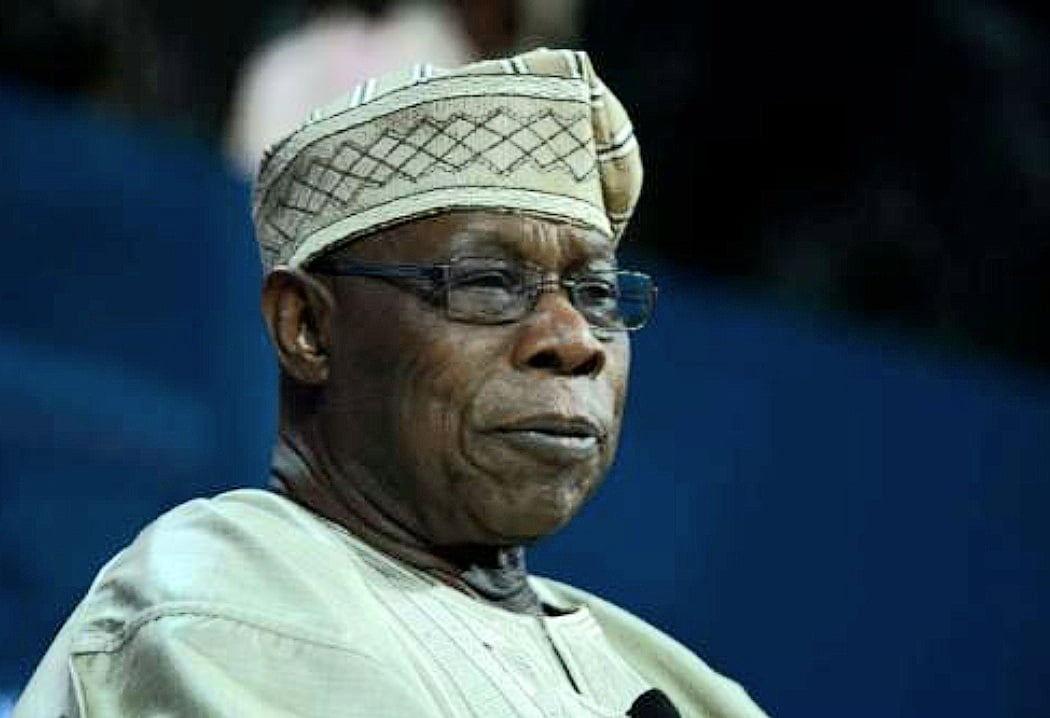NEWS
Former President Obasanjo Laments Political Sphere Lacks Formal Training for Leadership

Former Nigerian President, Olusegun Obasanjo, on Friday expressed his strong dismay over what he identifies as a crucial flaw in the nation’s political landscape: the absence of formal training for leadership. He lamented that unlike virtually every other profession or vocation, politics remains the only area where individuals can assume critical leadership roles without any structured preparation.
Dependable NG reports that the elder statesman made this observation while speaking at the second annual Ajibosin Platform symposium, which focused on the theme “Importance of Leadership in Governance,” held in Abeokuta, the Ogun State capital. Obasanjo stated that effective leadership should inherently possess a blend of exposure, experience, training, and robust character.
Highlighting the gravity of the situation, the former President shared a striking analogy. He revealed he was informed that even criminal elements, such as armed robbers, operate with a system of apprenticeship and training. This, he argued, made the lack of political leadership training more concerning, summarising his frustration by saying, “That’s not good enough.”
“It’s only in politics that I found out there is no training for leadership. Even among armed robbers, I was told there is apprenticeship. But it’s only in politics that there is no training on leadership. That’s not good enough,” Obasanjo declared, concluding, “If you want to be a teacher, you go for teacher training; but in politics, people just jump in. That’s part of our problem.”
Adding to the discourse, former Minister of Aviation, Osita Chidoka, delivered a keynote address where he attributed Nigeria’s pervasive challenges to a deep-seated “culture of excuses and politics of alibi.” Chidoka urged Nigerians to actively work on changing a culture that often promotes mediocrity and nepotism, rather than merely finding excuses for the country’s failures.
Chidoka emphasised the importance of systemic governance over individual charisma, stating, “Leadership finds its true measure not in speeches or charisma but in the systems it leaves behind. Moral conviction must translate into the everyday machinery of governance, rules, routines, and institutions that make competence predictable and corruption difficult.” He concluded that Nigeria’s primary issue is not a shortage of innovative ideas but a deficit of robust systems strong enough to outlive their founders.
The convener of the symposium, Aare Olanrewaju Bakinson, confirmed the event’s goal was to facilitate a discussion on the crucial role of effective leadership in shaping societies. He noted that the forum would explore the necessary qualities of good governance, the impact of leadership on national development, and concrete strategies for fostering ethical leadership across the country.
